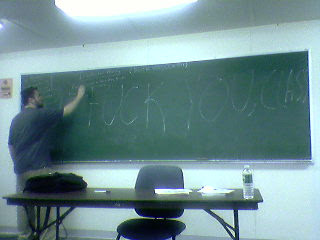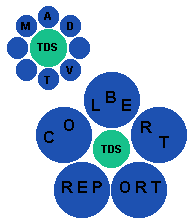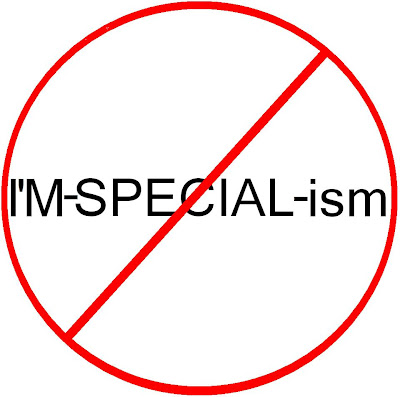September 5—7Wednesday: Intro to Class (no reading)
Friday: Doing Philosophy (no reading)
September 10—14Monday: Reasoning (1.1-1.6)
Wednesday: Reasoning (1.6-1.11)
Friday: Reasoning (finish Chapter 1) (group work)
September 17—21Monday: Reasoning/Arguments (2.1-2.2)
Wednesday: Deductive Args (2.3-2.5)
Friday: Inductive Args (2.6-2.8);
Homework #1 dueSeptember 24—28Monday: Abductive Args (no reading) (group work)
Wednesday: Fallacies (3.1-3.2)
Friday:
Quiz #1; Fallacies (no reading) (group work)
October 1—5Monday: Fallacies (3.4-3.6)
Wednesday: Fallacies (finish chapter 3);
Group Project #1 (in class)Friday: Fallacies (4.1-4.3)
October 8—12Monday: Fallacies (4.4 & 4.6)
Wednesday: Fallacies (4.7) (group work)
Friday: Fallacies (finish chapter 4);
Homework #2 dueOctober 15—19Monday: Fallacies (5.1-5.3)
Wednesday: Fallacies (5.4-5.7)
Friday: Fallacies (5.7-5.9) (group work)
October 22—26Monday: Fallacies (finish chapter 5);
Paper #1 dueWednesday: Review for Midterm (no reading)
Friday:
MIDTERMOctober 29—November 2Monday: Psychological Impediments (6.1-6.3)
Wednesday: Psychological Impediments (6.4-6.6)
Friday: Psychological Impediments (6.6-6.9)
November 5—9Monday: Psychological Impediments (finish Chapter 6) (group work)
Wednesday: Advanced Psychological Impediments (handout)
Friday: Advanced Psychological Impediments (handout);
Group Project #2 (in class)November 12—16Monday: Intellectual Honesty (3.3, 3.7, 4.5)
Wednesday: Intellectual Honesty & the Principle of Charity (no reading)
Friday: Intellectual Honesty (no reading) (group work)
November 19—21Monday:
Quiz #2; Intro to Writing Essays (9.1-9.2)
Wednesday: Writing Essays (9.3-9.4)
Friday:
THANKSGIVING BREAK (no class) November 26—30
November 26—30Monday: Writing Essays (finish chapter 9);
Homework #3 dueWednesday: Evaluating Ads (10.1-10.3)
Friday: Ads (10.4-10.5)
December 3—7Monday: Evaluating the News (11.1-11.4)
Wednesday: News (11.5-11.8);
Group Project #3 (in class)Friday: Reliability of Experts (handout)
December 10—14 Monday: Prepare for group presentations (no reading) (group work)
Wednesday: group presentations (no reading)
Friday: group presentations (no reading)
December 17—19
Monday: Review for Final Exam (no reading)
Wednesday:
FINAL EXAM






 OK, before we start rocking all night, perhaps we should come up with a name for our logic band. What's a good name for us? Abi & the Naughty Structures?
OK, before we start rocking all night, perhaps we should come up with a name for our logic band. What's a good name for us? Abi & the Naughty Structures?